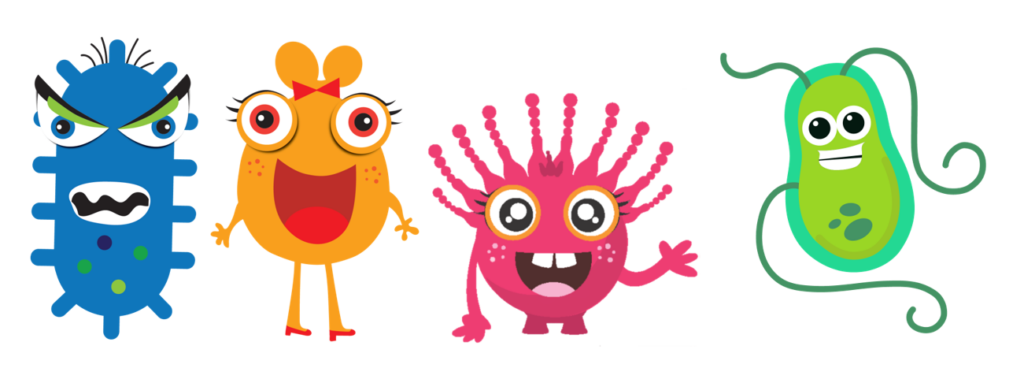Celebrating International Microorganism Day
International Microorganism Day (IMD) is an initiative coordinated by the Federation of European Microbiological Societies (FEMS), originally launched by the Portuguese Society for Microbiology (SPM) in 2017.
Since then, every year on September 17 we commemorate the groundbreaking work of Antonie van Leeuwenhoek and the importance of microbes in our world.
The Dutch scientist, despite lacking a formal university education and resources, designed and perfected hundreds of this own microscopes. He achieved unprecedented magnification levels far beyond what was possible at the time through meticulous refinement of the lenses in his optical system. On 17 September 1683, Leeuwenhoek sent a letter to the Royal Society of London describing his detailed observation of the first single-cell organism: living bacteria present on the dental plaque.
His discovery marked the beginning of microbiology, laying a strong foundation for the study of microbiology. Since then, advances in microbiology have revolutionised medicine, agriculture, and environmental science. From the development of antibiotics to the understanding of ecosystems and climate regulation, microorganisms have been at the core of life-changing discoveries.
Microorganisms are also nature’s invisible heroes when it comes to maintaining ecological balance. They are responsible for breaking down dead organic matter, recycling nutrients, and regulating processes such as nitrogen fixation, which is vital for plant growth. Marine microorganisms contribute to over half of the world’s oxygen production through photosynthesis, making them central to life on earth.
➡️ EMBL is currently carrying out the TREC expedition, which aims to reach a new and comprehensive understanding of coastal ecosystems and their responses to changing environments at the molecular and mechanistic levels.
Microorganisms also play a dual role in human health – while some cause diseases, others are essential for our well-being. Our bodies are home to trillions of microbes, many of which make up the human microbiome, a complex ecosystem of bacteria and other microbes that aid digestion, regulate the immune system, and even influence mood and behavior. The use of probiotics for gut health and antibiotics to fight infections underscores the critical role microbes play in healthcare.
At our many EMBL conferences, you have the opportunity to meet scientist from across the globe as they present their latest research in all the different areas that microorganisms play such a vital role in. You can join frugal discussions and exchange your ideas with leading experts and grow your network.
EMBL ist hosting a conference in March 2025 to raise awareness about the growing issue of antibiotic resistance and the need for innovative solutions:
➡️ EMBO | EMBL Symposium ‘Mechanisms of drug resistance and tolerance in bacteria, fungi, and cancer’
Other upcoming events are:
➡️ EMBO Practical Course ‘Metabolite and species dynamics in microbial communities‘
and
➡️ EMBO Practical Course ‘Microbial metagenomics: a 360° aproach’
The International Microorganism Day wants to put the spotlight on the manigfold efforts to answer questions like “Where did this multitude of tiny ‘creatures’ come from?”, “why such variety in size and behaviour?”, “how to distinguish and classify them?”, and many more.
The IMD is represented by four mascots, Bak, Saca, Gillus and Rizzo, which were created to highlight further beneficial roles of microbes in our daily lives.

IMD reminds us that even the smallest creatures can have a monumental impact on the world. As we deepen our understanding of the microbial universe, we recognise that these invisible organisms are not only essential to life on earth but also hold the key to solving some of humanity’s greatest challenges.
Are you interested in learning more about the #InternationalMicroorganismDay?
Follow @IntMicroDay on social media: X, Facebook, Instagram, LinkedIn or YouTube.